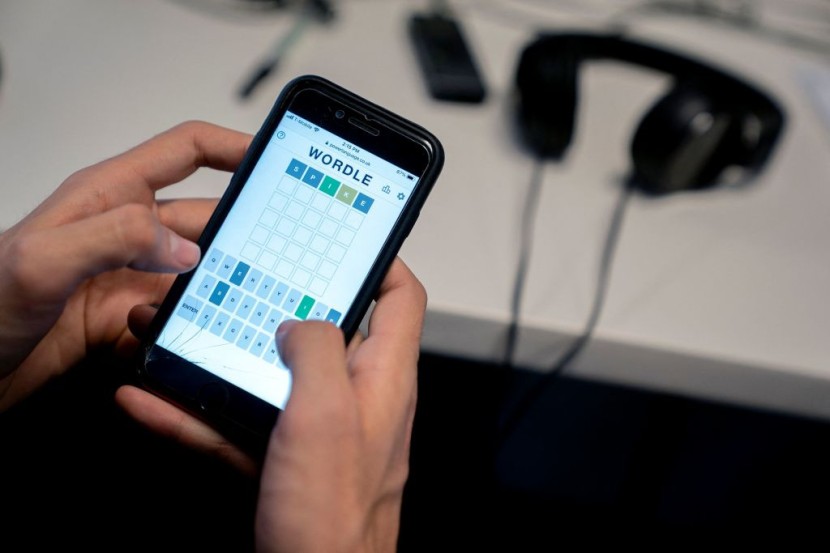
Wordle is a web-based word game that has become a form of mental exercise for many people today. It has even become a source of pride for many as they brag about their performance in solving their daily puzzles.
Does being good at Wordle, one of the hottest puzzle games today, make you smarter than the typical person? Experts say "no."
According to Aaron Seitz, a psychology professor at the University of California, Riverside, and founder of the institution's Brain Game Center, excelling at Wordle means "You're just a person who does well at Wordle" compared to another individual who does not do well at the puzzle.
It is like people who are exceptional at other board games like Scrabble and chess, according to Penny Pexman, a professor of psychology at the University of Calgary, who studied the brain of players of such games, CNN reported.
He said Scrabble players recognize words faster. However, his study did not find that the ability transferred to tasks unrelated to the word game.
"As soon as you show them some other kind of visual pattern or symbol that's not a letter, they look just like non-experts," Pexman said.
This is why, according to cognitive psychologist Jonathan King, senior scientific advisor to the director of the National Institute on Aging's Division of Behavioral and Social Research, getting very, very good at Wordle" won't necessarily make one's brain "very good at anything else."
Wordle Not Effective Against Cognitive Decline
He added that, so far, brain-training games like Wordle do not show any significant protection from cognitive decline or impairment or dementia.
King's advice to keep one's brain healthy is "to pick a brain activity that provides a challenge."
If you start to feel that you are good at it, then pick another task. "And so by kind of rotating across these different types of challenges, you get the variety that's going to exercise your brain in different ways," he said.
Get Physically Active To Protect Your Brain
However, psychologists recommend other activities that can improve brain functions to those who are not fond of word games or puzzle games.
Pexman recommends one effective method to keep your brain healthy while aging: exercise. He said there "are very well established" positive impact of healthy blood flow on cognition.
Exercise and movement increase blood flow to the brain, which is essential for creativity and preservation. According to Forbes, it may help delay the onset of memory loss and dementia.
Aerobics, walking, stretching, and toning your body can induce proper blood flow to your brain to maintain its shape and performance.
Dancing also can help as it promotes cognitive spatial skills and social interaction that significantly help in keeping the brain alert.
Studies also suggest learning new stuff like cooking, photography, learning a second language, and painting as strategies to keep the brain healthy.
Dr. Tiffany Braley, an associate professor of neurology at the University of Michigan, also suggested that owning household pets for long-term pet ownership help protect against cognitive decline, as per ABC 7.
Related Article: COVID-19 Mild Case Can Still Damage Brain, Addle Thinking, Scientists Discover Along With New Gene Differences in Severe Patients








